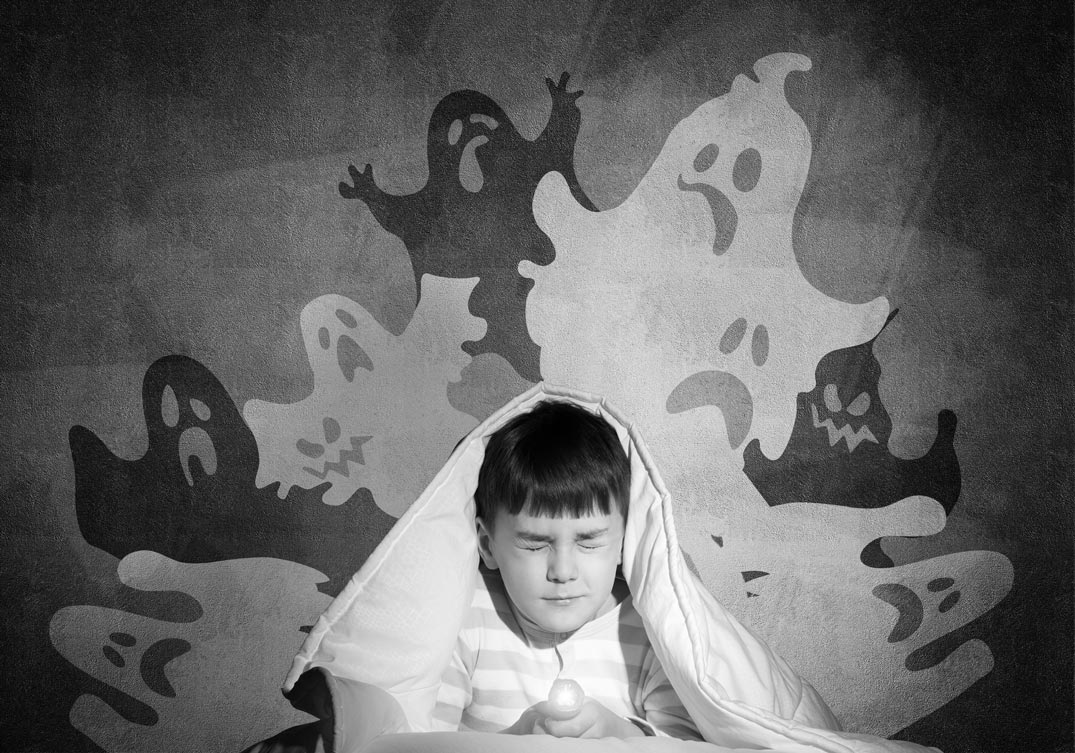How to Know When Your Child Is Stressed?

Report From: The New York Times
Families are under an extraordinary amount of pressure right now, and the next few months will provide little relief. The trials of 2020 include economic uncertainty, winter dread, an emotionally charged presidential election and a worrying rise in coronavirus cases. Then there’s the disrupted school year, remote learning and few (or no) options for child care.
Experts are understandably concerned about how all of this might be affecting kids’ mental and behavioral health. In October, the American Academy of Pediatrics released new clinical interim guidance on how to support the emotional needs of children during the pandemic, emphasizing the vital role parents can play.
So how can you tell if your kids are stressed, and what can you do to put them at ease? Here are some tips for children of all ages.
How to help calm your kids
Because infants and toddlers are finely attuned to their parents — reacting to the way they’re held, changes in their daily routine, tone of voice and facial expressions it’s important to keep your own stress levels in check.
“When parents are stressed and worried, kids become stressed and worried,” Dr. Weitzman said.
[How to cope when you’re feeling anxious.]
Next, think about your child’s personality traits. If your child is typically resistant to change, for instance, try to keep her routines in tact as much as possible. Alternatively, if your child tends to take things in stride, you can have more flexibility with her routines, but even she might need extra support at times. Tell her about new situations and activities ahead of time so that she can talk about them with you, Zero to Three advises.
“You can’t change temperament,” Dr. Weitzman said. But, she added, you can change your child’s environment to best meet her needs.
When parents are aware of their children’s needs, their kids “function better, feel better, think more positively and are better able to adapt to difficult circumstances,” Dr. Alvord said.
The experts also said it’s important to ask kids about what’s on their mind. “Expressions of warmth and love and caring from parents still matter,” Dr. Adam said. And so does consistency.
Teens in particular “do their best to drive their parents away,” she added. Don’t let them.
Consider having a weekly check-in to see how everyone in the family is doing. Let your child know that you’re there for them if they want to talk. If they don’t, reassure them that you’re there for them in other ways, even if it’s simply to give them a hug or have family dinner together.
Dr. Adam suggested a sample script: “These are unusual times for our family and for our society, so I think we need time to talk about it. We each experience things differently. So let’s make time every Thursday at dinner to check in with one another.”
If your child is having negative thoughts, focus on helping to reframe their thoughts in a more positive way.
“The thoughts lead to the emotions,” Dr. Alvord said. If your child approaches his homework with a positive thought like, “This is a tough assignment, but I know I can figure it out,” those words will guide the way in which he tackles the problem as well as his outlook and how he feels about himself.
Finally, if your family recently experienced a loss of some kind — the death of a loved one or even something less traumatic but still upsetting, like the absence of play dates — your child might be experiencing grief and will need time to process her emotions. Give her the support and space that she needs.
“Sometimes it’s OK not to feel OK,” Dr. Alvord said. “You just have to sort of sit with the emotions. And that’s where parents can help kids, by listening and validating the feelings.”
Related Posts
We don’t expect any legal issues since the family is Syrian”: A Turkish network in Istanbul forces families to place infants in incubators to make money
Led by Turkish doctor Fırat Sarı, a network of doctors, nurses, and ambulance drivers, has been accused of systematically admitting newborns into incubators for extended periods, even when their health did not require it. The scheme, allegedly driven by financial motives, exploited vulnerable families, unnecessarily prolonging the infants’ time in intensive care.
…
October 21, 2024“Yemeni Women Feed Their Children with Tea” “Amid Lack of Milk
The over seven-year-long conflict in Yemen has caused the worst humanitarian crisis in the world, said the United Nations, with a significant economic deterioration affecting most of Yemen’s population, widespread hunger, poverty and unemployment, and the spread of acute and severe malnutrition among under-five children….
August 31, 2022


